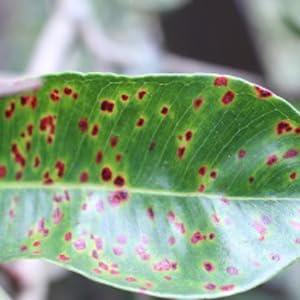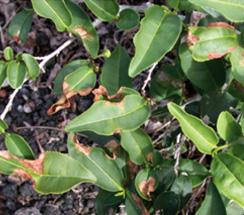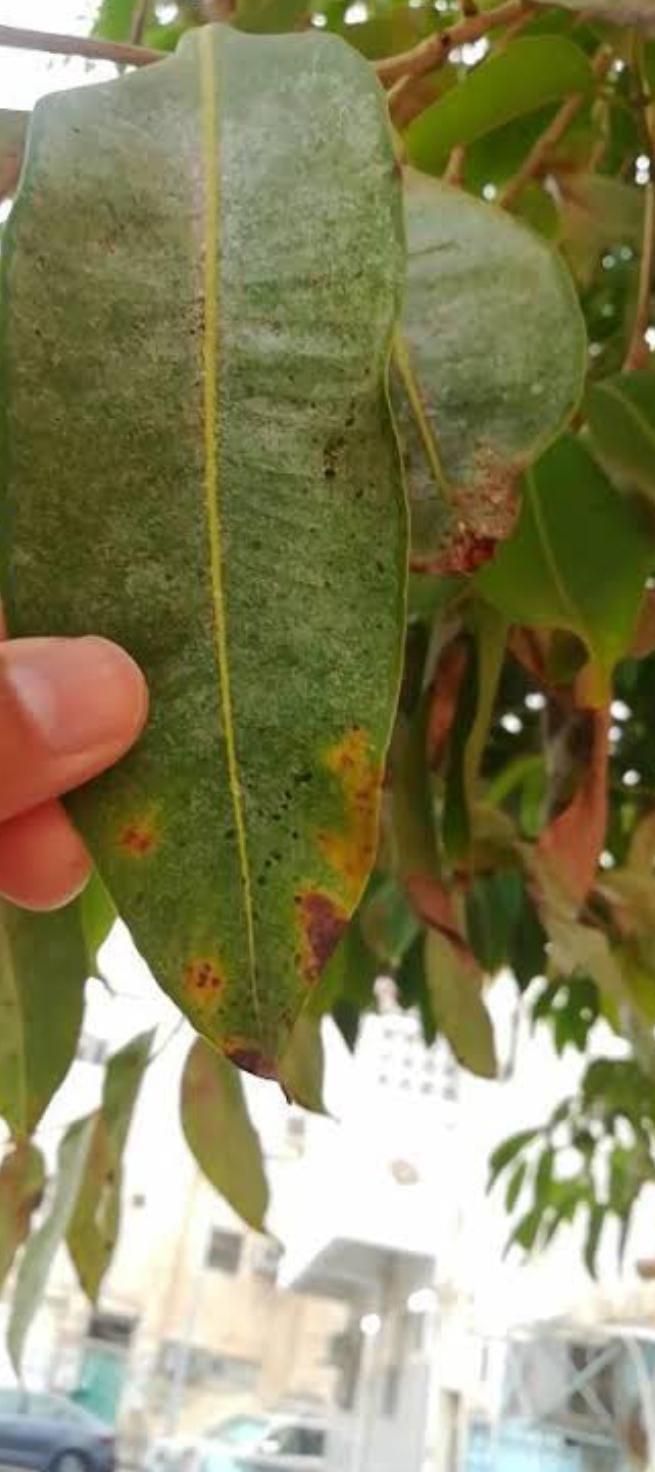Alla Neredu Plant
Alla Neredu, a specific plant, may have varying care requirements. Generally, it's essential to provide well-draining soil, appropriate sunlight, and regular watering. Pruning and fertilizing practices may vary based on the specific characteristics of this plant.
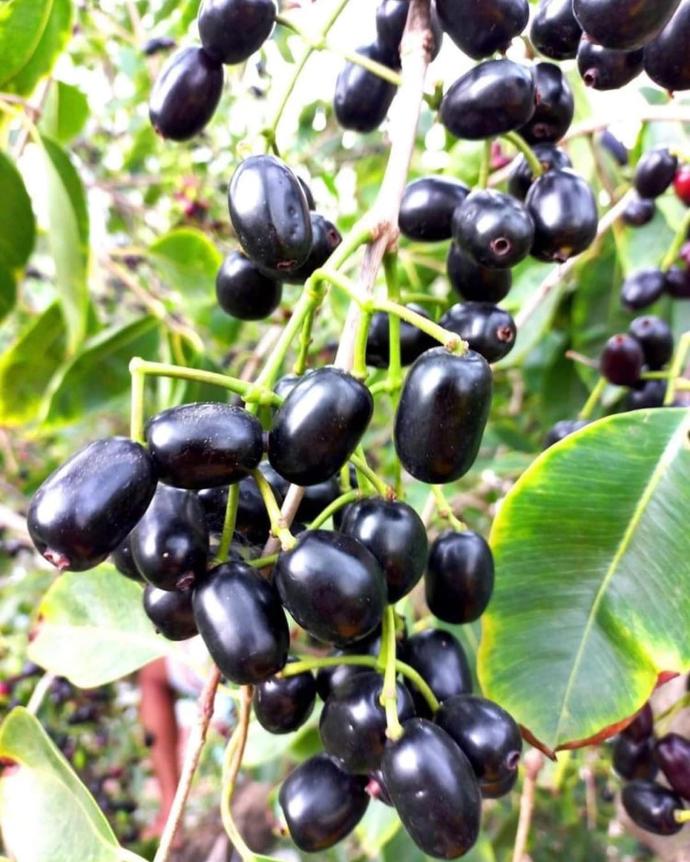
Habit
Tree
Height
Up to 30 ft
Growth
Fast
Soil
Well Drained, Sandy-loam
Shade
Full Sun to partial shade
Moisture
Moist
Edible
Yes
Medicinal
Yes
Origin
India
Climatic Condition
Tropical
Temperature (°)
20-30°C
Humidity (%)
60-80%
Potting media
Loamy Soil
Fertilizers
Balanced NPK(10:10:10)
Watering
Moderate, Keep Moist
Plant Weight
300-500 g
Flowering Time
Summer to Fall
Soil Ph level
5.5-6.5
Water Ph level
6.5-7.0
Soil EC
Yes1-2 dS/m
Yield Per Plant
50-70 kg of fruit per year(budded) , 80-100kg(seedling )
NPK ratio
10:10:10
life Span
3-5 yrs
Health Benefits
Suggested Grow Media or Potting Mix ?
40% peat moss, 30% perlite, 20% compost, 10% sand.
Suggested Fertigation/Fertilizers
Balanced fertilizer (N-P-K 10-10-10) every 2-3 weeks during the growing season.
Common Diseases and Remedies
Bacterial leaf spot, Anthracnose.
Affected leaves show small scattered spots, light brown or reddish brown in colour. Affected fruits show small water soaked, circular and depressed lesions.
Remove the infected leaves and fruits in early stage.
HEALTH BENEFITS
Alla Neredu (also known as "Neredu" or "Indian Bellfruit") is a tropical fruit that is commonly found in parts of India. It is known for its various health benefits, which include:
- Rich in Antioxidants: It contains antioxidants like vitamin C that help neutralize harmful free radicals in the body and reduce oxidative stress.
- Boosts Immune System: The fruit is rich in vitamin C, which is known to strengthen the immune system, helping the body fight off infections.
- Supports Digestive Health: Alla Neredu is a good source of fiber, which aids in digestion, improves bowel movements, and can help prevent constipation.
- Helps in Weight Management: Due to its low-calorie content and high fiber, it can be a good option for those looking to manage their weight.
- Anti-inflammatory Properties: The fruit has natural anti-inflammatory properties that can help reduce inflammation in the body.
- Regulates Blood Sugar: It may help regulate blood sugar levels, which can be beneficial for people with diabetes.
- Improves Skin Health: Thanks to its vitamin C and antioxidant content, it can promote healthier skin by reducing signs of aging and protecting against sun damage.
- Rich in Minerals: It contains essential minerals like potassium, which helps regulate blood pressure and supports heart health.
Please note that while the fruit has numerous health benefits, it's always good to consult a healthcare professional if you have specific health concerns or conditions.
What Is An Alla Neredu Tree?
Alla Neredu The plant, scientifically known as Syzygium cumini, is a type of flowering tree found in the Indian subcontinent. It belongs to the Myrtle family and is often called Java plum, black plum, Indian blackberry or Jamun. The tree produces small, oval-shaped fruits that turn from green to purple or black when ripe. This fruit has a sweet, tangy taste and is often used in cooking preparations such as jams, jellies, juices and desserts. In addition, many parts of the alla neredu plant, including its bark, leaves and seeds, are used in traditional medicine for their health benefits.
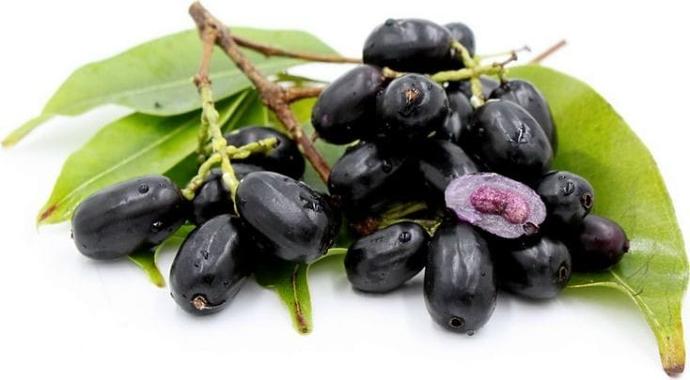
What Are The Different Types Of Alla Neredu Plants?
1. Jambolan
It is a variety known for its medium-sized fruit with a sweet and tangy taste.
2. Arka Kiran
This variety is known for its high yield and larger fruits than other varieties.
3. Arka Manik
Another great product, Arka Manik produces medium to large sized, purple coloured and sweet fruits.
4. Arka Amulya
This variety is valuable in terms of its fruits and diseases, pests.
5. Black Pearl
Black Pearl is known for its early planting and fruiting, making it suitable for gardens and small spaces.
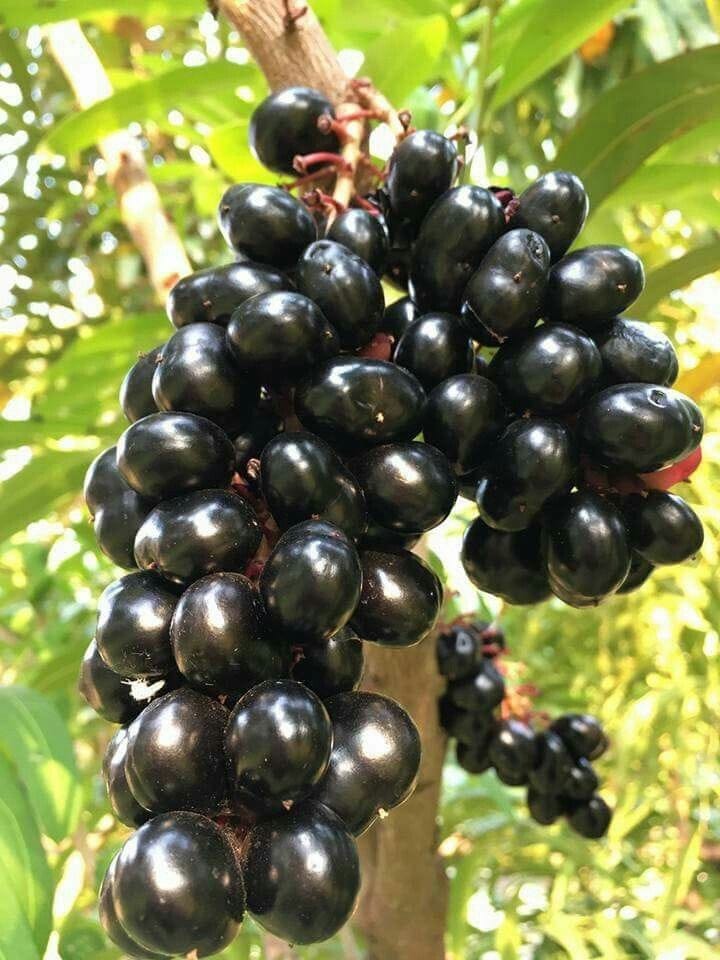
How to care for Alla Neredu Plant ?
1. Location
Alla neredu plant or Syzygium cumini is usually grown outdoors in tropical regions. It needs full sun and well-drained soil to grow and bear fruit. Therefore it is best to grow it outdoors in gardens, orchards or in large containers placed in sunny locations. Although it is possible to grow Alla neredu plants as potted trees at home, it can be difficult to provide the necessary sunlight and growth for good growth and fruit production. Indoor environments often lack the intensity of sunlight that outdoor plants receive, which can result in poor growth and poor fruit set.
2. Sunshine
If you are growing your Alla neredu plant indoors, place it near a south window so it can receive as much sunlight as possible. It is important to provide adequate sunlight for the plant's photosynthetic process, which is important for its growth, development and fruit production. If natural light isn't enough, add grow lights to keep plants healthy and productive.
3. Soil
The ideal soil pH for the alla neredu plant is slightly acidic to neutral and ranges from 5.5 to 7.0. You can test the pH of your soil using a soil test kit and adjust as needed to achieve your desired pH. Friable soil texture is preferred for Alla neredu plants because it facilitates root development and aeration. Although well-drained soil is important, it is also important that the soil retains some water so that plants can have water, especially during the dry season. Mulch around the base of the plant can help retain moisture. Before planting the Alla neredu plant, prepare the soil by amending it with organic matter and water thoroughly. Monitor soil moisture regularly and adjust as necessary to ensure the best growth of your plants.
4. Hydration
Proper drainage is essential for the health and growth of Alla neredu plants. Here are some tips for watering Alla neredu plants. Check soil moisture periodically by placing your finger in the soil near the base of the plant. If the soil surface feels dry to the touch, it is time to water. Adjust watering frequency according to weather conditions such as temperature and rainfall. You may need to water your plants more frequently to avoid stress during the hot and dry season. You can water less in cold weather or during the growing season, but still make sure the soil is slightly moist.
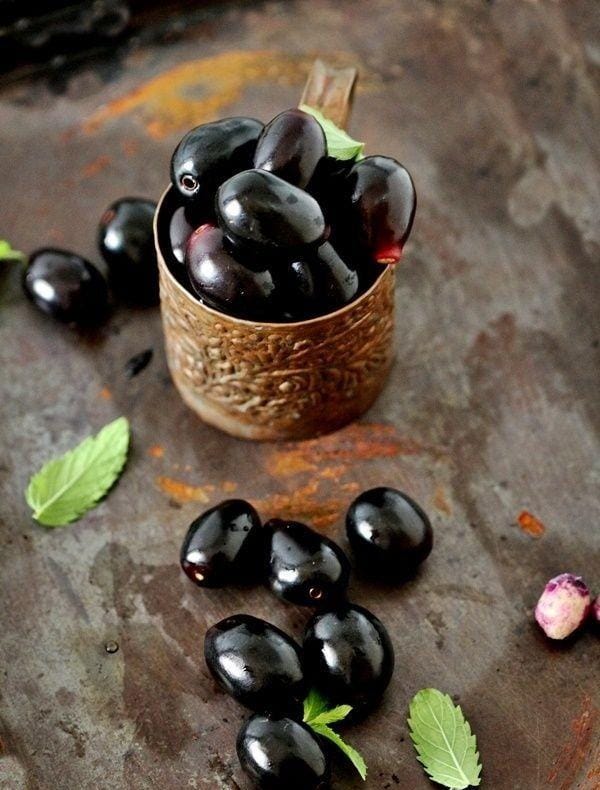
5. Nourishment
alla neredu The NPK (nitrogen, phosphorus, potassium) required by the plant or lilac (Syzygium cumini) will vary depending on the fertility of the soil, the age of the plant and environmental conditions. But here are some general tips for providing alla neredu nutrients to your plants:
Nitrogen is essential for all plant growth and development, including the formation of leaves and stems. Although Alla neredu plants need nitrogen, excessive nitrogen application will stimulate vegetative growth but affect fruit yield. Therefore, it is best to use a balanced fertilizer with a low to medium nitrogen content, especially during the fruiting period. Phosphorus plays an important role in root growth, flowering and fruit production. Phosphorus-rich fertilizers are beneficial for alla neredu plants, especially in the early stages of growth and flowering. Potassium helps increase the overall strength, disease resistance and fruit quality of the plant. Potassium is important for alla neredu plants, especially during fruiting and ripening periods.
6. Issues
Like plants, alla neredu plants (or Syzygium cumini) will face many problems that affect its growth and health. Some common questions are: Deficiency of nutrients such as nitrogen, phosphorus, potassium and micronutrients can lead to poor growth, yellowing of leaves, growth arrest and reduced fruit yield. Overwatering or waterlogging can stress alla neredu plants and cause symptoms such as wilt, yellowing of leaves, root rot, and stunted fruit. Extreme heat, drought, frost or too much sunlight can stress the alla neredu plant, affecting its growth and fruiting. Prevention and proper maintenance during bad weather conditions can help solve these problems. Improper pruning or lack of training will lead to overcrowding, poor weather conditions and reduced fruit production. Pruning should be done properly to remove dead or diseased branches, improve access to sunlight, and improve the overall health of the plant. Poor soil, compacted or pH unbalanced soil can adversely affect the growth and nutrition of alla neredu plants. Applying organic matter to the soil and proper soil management can help solve these problems.
What are the Benefits of Alla Neredu Plant ?
Since the fruits of the Alla neredu plant are rich in vitamins, minerals and antioxidants, their nutritional value becomes more nutritious. They contain vitamin C, vitamin A, calcium, iron, potassium and fiber. Alla neredu fruit is rich in antioxidants, including phenolic compounds and flavonoids, which help protect cells from oxidative damage caused by free radicals. This antioxidant activity may contribute to health and well-being. Some studies show that alla neredu fruits and seeds may have a hypoglycemic effect, helping to control blood sugar and increase insulin sensitivity. This makes them useful for people with diabetes or those at risk of diabetes. alla neredu The antioxidants and bioactive compounds in the fruit can help lower cholesterol, reduce inflammation and improve heart health, thereby reducing the risk of heart disease. Extracts of various parts of the Alla neredu plant, including its leaves and bark, have shown some benefits in the prevention and treatment of diseases by showing antibacterial activity against bacteria, fungi and viruses.
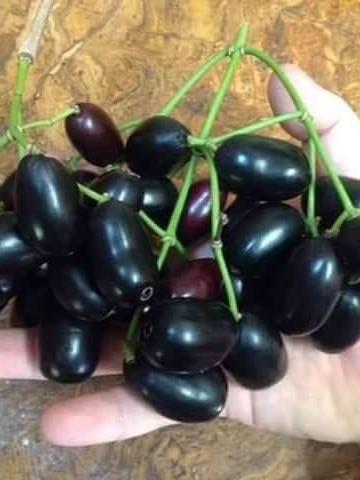
FAQs About Growing Alla Neredu
1. How to maintain alla neredu plant ?
The processing of the Alla neredu (or Syzygium cumini) plant has many important tasks to ensure its health, growth and production. Here are some simple tips: Water regularly to keep the soil moist, especially during the growing season and dry season. Avoid overwatering as this can cause root rot, but also make sure the plant is not stressed. Use a balanced chemical specifically formulated for fruit trees during the spring and summer to provide essential nutrients for growth and fruit production. Follow the manufacturer's instructions for application rate and frequency. Prune alla neredu plants during the dormant season to remove dead or diseased branches, improve air circulation and establish the tree. Pruning also encourages new growth and fruiting. Use clean tools, smart pruning and cleaning to avoid damaging plants. Use a layer of organic mulch around the base of your plants to help retain moisture, reduce weeds, and provide nutrients while they bloom. Mulching also helps maintain soil temperature and protect roots from extreme weather conditions.
By following these precautions you can help ensure that your alla neredu plants remain healthy, strong and productive for years to come. Regular inspection and maintenance are important to solve any immediate problems and promote good growth and fruit production.
2. what are the uses of alla neredu plant?
The main use of the Alla neredu plant is its fruit, which has a sweet and tangy taste. These fruits can be eaten fresh or used in foods such as jam, jelly, fruit juice, syrup, desserts and beverages. Alla neredu Many parts of the plant, including fruits, leaves, bark and seeds, are used in traditional medicine for their medicinal properties. These include treatment of digestive diseases, diabetes, heart diseases, wound healing and oral problems. The wood of the Alla neredu plant is hard and durable and is suitable for many wood uses such as making furniture, tools and household items. The Alla neredu tree provides shade and is often planted in gardens, parks and streets for ornamental purposes because of its attractive leaves, flowers and fruits.
3. How can I grow alla neredu plant in home?
Alla neredu Plants need sunlight to grow and produce fruit. At home, place the plant near a south-facing window that receives at least 6 to 8 hours of direct sunlight per day. Supplementary lighting can be used to provide additional illumination if necessary, especially during the winter months when natural sunlight may be limited. Alla neredu plants can grow very well if there is enough space outdoors. When growing indoors, consider the space available for the plant to grow and develop its root system. Choose a large container with good drainage and plenty of room for the roots to expand. Use a mixture of organic matter such as a mixture of peat moss, perlite and compost. Make sure the pot has a drainage hole to prevent water from collecting, which can cause root rot. Water Alla neredu plants regularly, keeping the soil evenly moist but not waterlogged. Fertilize throughout the growing season with a balance of fertilizer specifically designed for berries to provide essential nutrients for plant growth and fruit production. Prune plants as needed to maintain their size and shape, remove dead or diseased branches, and allow air and sunlight into the canopy.
4. What is the best pot for the alla neredu plant?
Choose a pot large enough to accommodate the roots of Alla neredu and allow it to grow in the future. Containers that are at least 18 to 24 inches (45 to 60 cm). If you plan to keep plants outside in cold weather or during the winter months, consider using an insulated pot or potting on an insulated saucer to protect the roots from freezing temperatures. one By choosing the right pot for your Alla neredu plant and giving it the proper care, you can create an excellent growing environment that supports good growth and fruit production. To ensure success, be sure to monitor soil moisture, fertilize as needed, and repot your plants as they outgrow their containers.
5. From where can I buy alla neredu plant ?
Visit your local nursery or garden where you can purchase Alla neredu plants. During the growing season, nurseries often plant a variety of fruits, including alla neredu. Many online plant stores offer a variety of berries, including alla neredu plants, for purchase. You can browse their catalogue , read customer reviews, and have plants delivered to your door.
